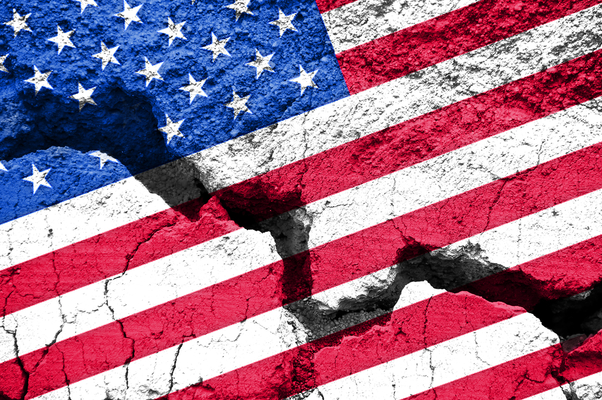Big government has many downsides. Not the least among them, as Walter E. Williams explained in a recent op-ed on The Daily Signal, is the tendency for government intervention to pit one group against another.
Think about primary and secondary schooling. I think that every parent has the right to decide whether his child will recite a morning prayer in school. Similarly, every parent has the right to decide that his child will not recite a morning prayer.
The same can be said about the Pledge of Allegiance to our flag, sex education, and other hot-button issues in education. These become contentious issues because schools are owned by the government.
In the case of prayers, there will either be prayers or no prayers in school. It’s a political decision whether prayers will be permitted or not, and parent groups with strong preferences will organize to fight one another.
A win for one parent means a loss for another parent. The losing parent will be forced to either concede or muster up private school tuition while continuing to pay taxes for a school for which he has no use.
Such a conflict would not arise if education were not government-produced but only government-financed, say through education vouchers.
Parents with different preferences could have their wishes fulfilled by enrolling their child in a private school of their choice. Instead of being enemies, parents with different preferences could be friends.
Williams goes on to discuss how, contrary to government allocation of resources, market resources aren't a zero-sum-game. There's a reason red wine drinkers don't lobby to have white wine drinkers thrown out of the supermarket -- both groups can have the goods they want, and divisions don't fester as they do in the political arena.
The solution, Williams says, is to limit government power. Unfortunately, he doesn't provide a way to achieve that solution. It's easy to see how government intervention causes political and social division, but it's more difficult to solve the problem.
That's why the Founders included the Convention of States option in Article V of the Constitution. A Convention of States is called and controlled by the states and has the power to remove the federal government from many aspects of American life that they currently control.
The Founders never intended the federal government to control healthcare, education, and commerce to the extent that it does. Using the Convention of States option, the states can propose a package of constitutional amendments that will leave these issues almost entirely in state control.
With the feds out of their lives, the American people will be free to pursue the solutions that make the most sense for their local communities and, hopefully, begin to heal the political divides that have grown increasingly severe in recent years.


